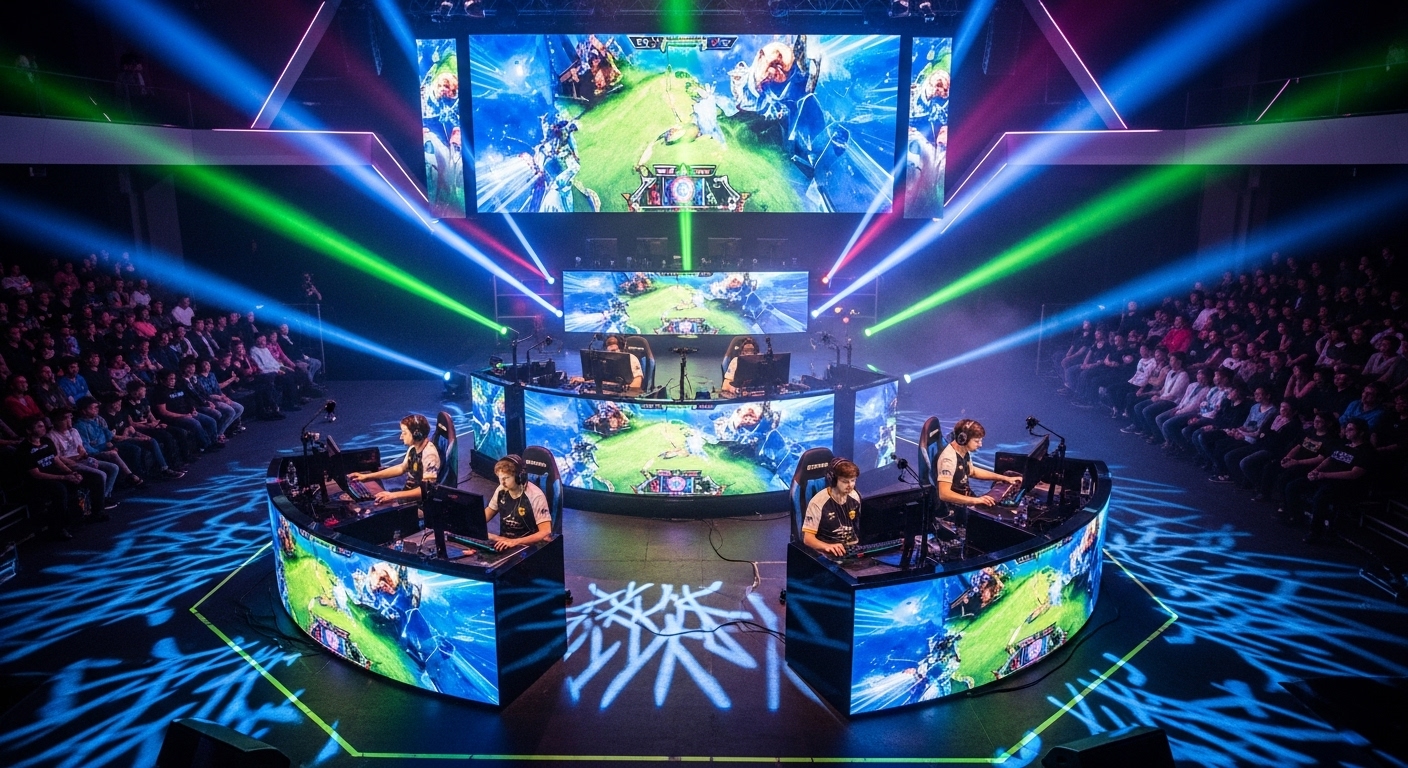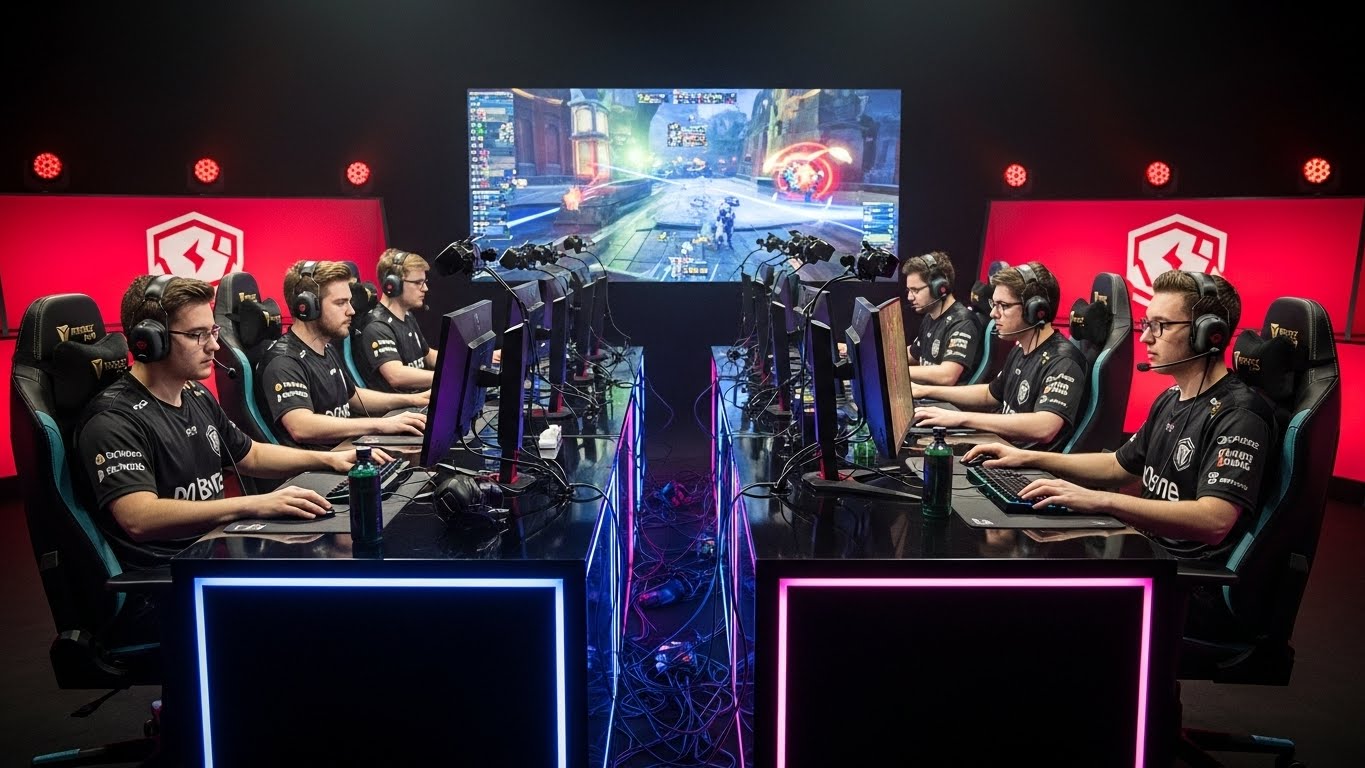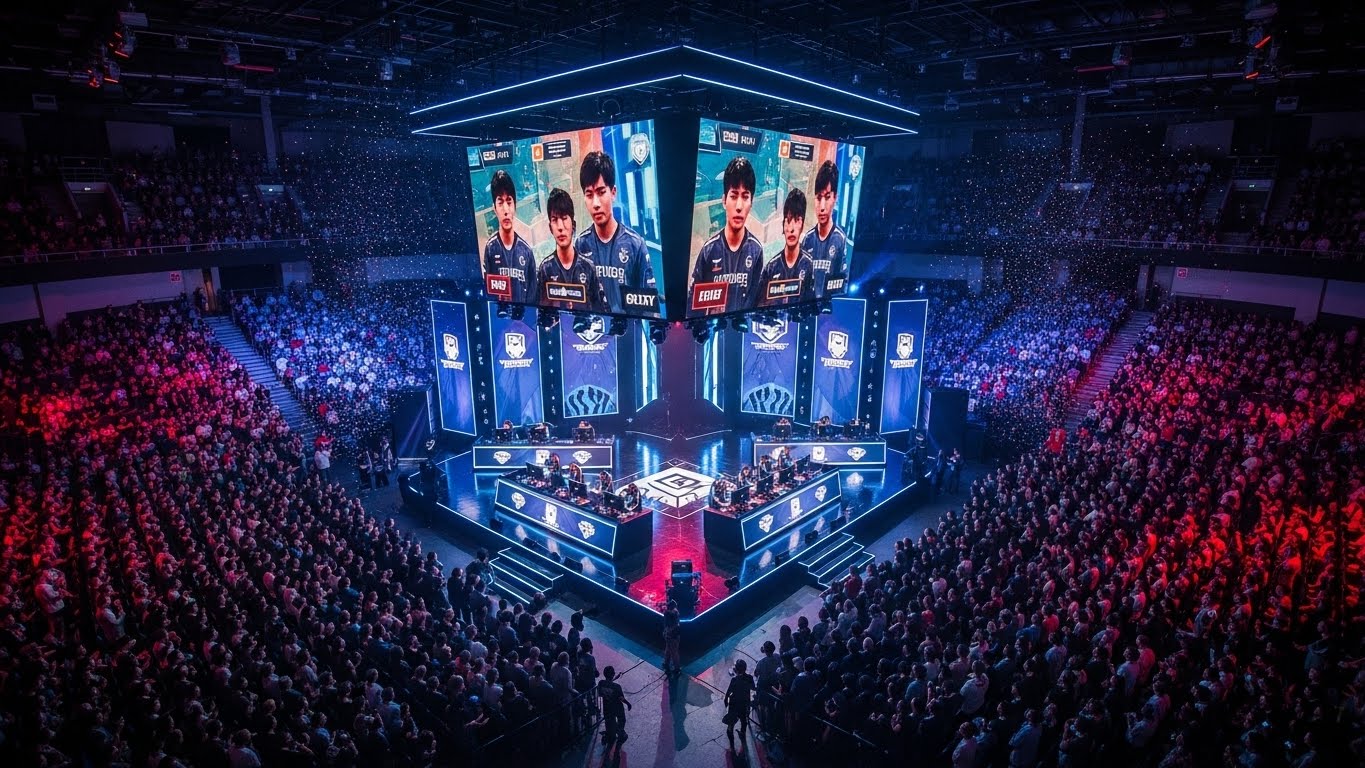Introduction: The New Frontier of Competitive Gaming
Esports, or electronic sports, has transformed from a niche hobby into a global phenomenon. Once considered a pastime limited to small gaming communities, competitive gaming now boasts professional leagues, multimillion-dollar tournaments, and international fanbases. With the rise of streaming platforms and sponsorships, esports has cemented itself as a legitimate career path for players, coaches, and content creators alike.
The Evolution of Esports
The journey of esports began in the late 1990s with small local tournaments for games like StarCraft and Counter-Strike. Over the years, technology advancements and internet connectivity allowed competitions to scale globally. Today, games such as League of Legends, Dota 2, and Fortnite draw millions of viewers and offer prize pools worth tens of millions. The evolution of esports demonstrates how digital entertainment has not only kept pace with traditional sports but, in some cases, has surpassed it in popularity among younger audiences.
The Professional Scene
Esports is no longer just casual gaming; it operates with the structure and rigor of traditional sports. Professional teams hire coaches, analysts, nutritionists, and even psychologists to enhance player performance. Players dedicate countless hours to practice, strategy development, and team coordination. Major tournaments like The International or the League of Legends World Championship are broadcasted to global audiences, filling arenas and streaming platforms with millions of viewers simultaneously.
Economic Impact
Esports is also an economic powerhouse. Beyond prize money, the industry generates revenue from sponsorships, merchandise, advertising, and ticket sales. Brands from outside the gaming world, including energy drinks, apparel companies, and tech giants, invest heavily in esports marketing. The economic growth not only benefits players but also content creators, event organizers, and game developers. The ripple effect is creating a diverse ecosystem with multiple career opportunities.
Cultural Significance
Esports has become a cultural phenomenon that transcends geographical boundaries. Fans from different countries unite to support their favorite teams, creating communities built around shared passion. The rise of live streaming has allowed audiences to interact with players in real time, blurring the line between spectatorship and participation. Esports is also promoting inclusivity, providing a platform for gamers from various backgrounds and abilities to showcase their talent on a global stage.
Challenges and Future Prospects
Despite its rapid growth, esports faces challenges. Issues such as player burnout, mental health concerns, and lack of standardization in regulations pose significant hurdles. Moreover, the industry must continuously adapt to evolving technologies and audience preferences to maintain relevance. However, with continued investment, education programs, and global recognition, esports is poised to redefine the landscape of competitive entertainment for decades to come.
Conclusion: A Game-Changing Industry
Esports is more than just gaming; it represents a fusion of technology, competition, and community. From humble beginnings to a worldwide spectacle, it has changed how we perceive sports and entertainment. As esports continues to grow, it not only provides new career opportunities but also reshapes modern culture, proving that the digital arena can be just as thrilling and influential as any traditional sport.



